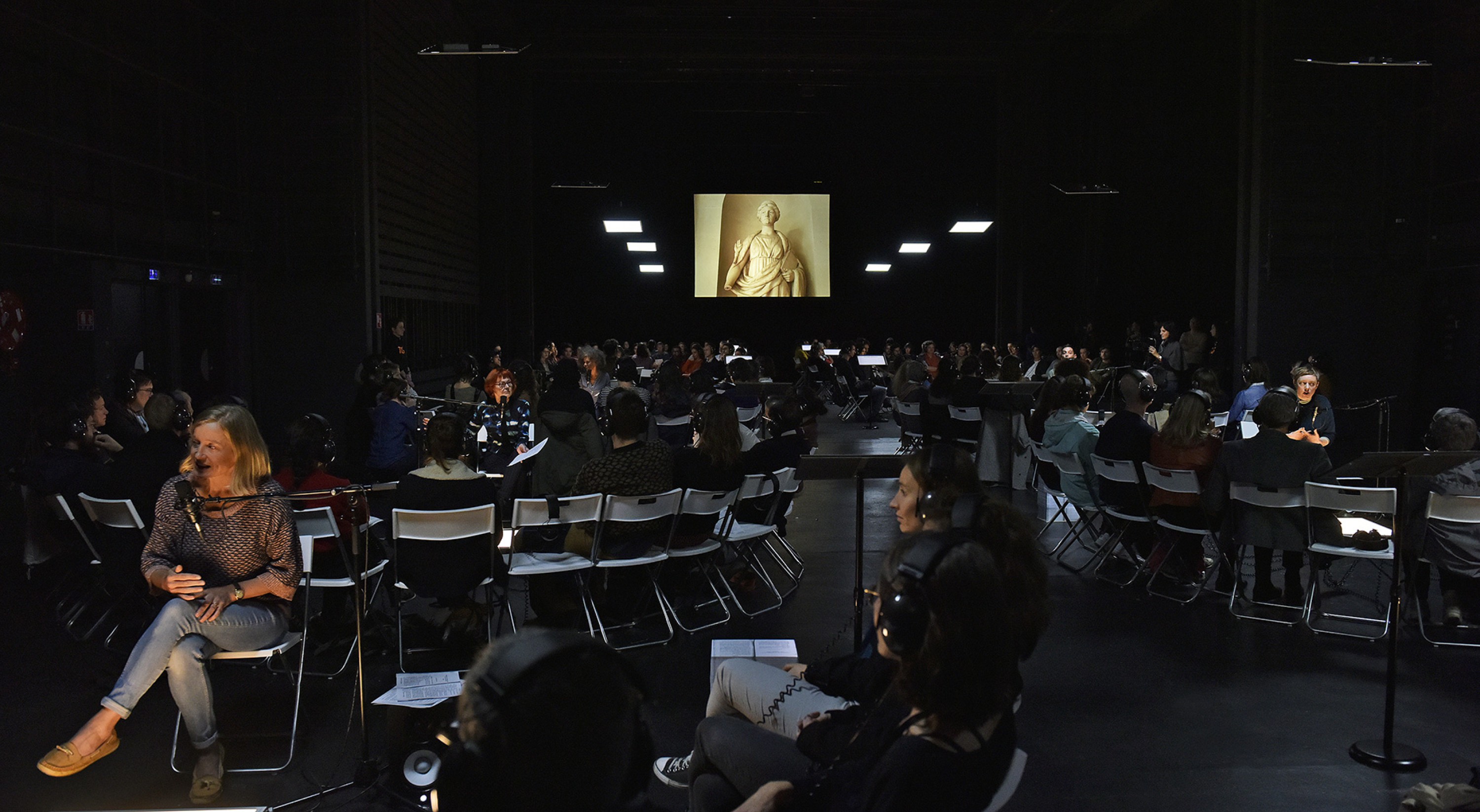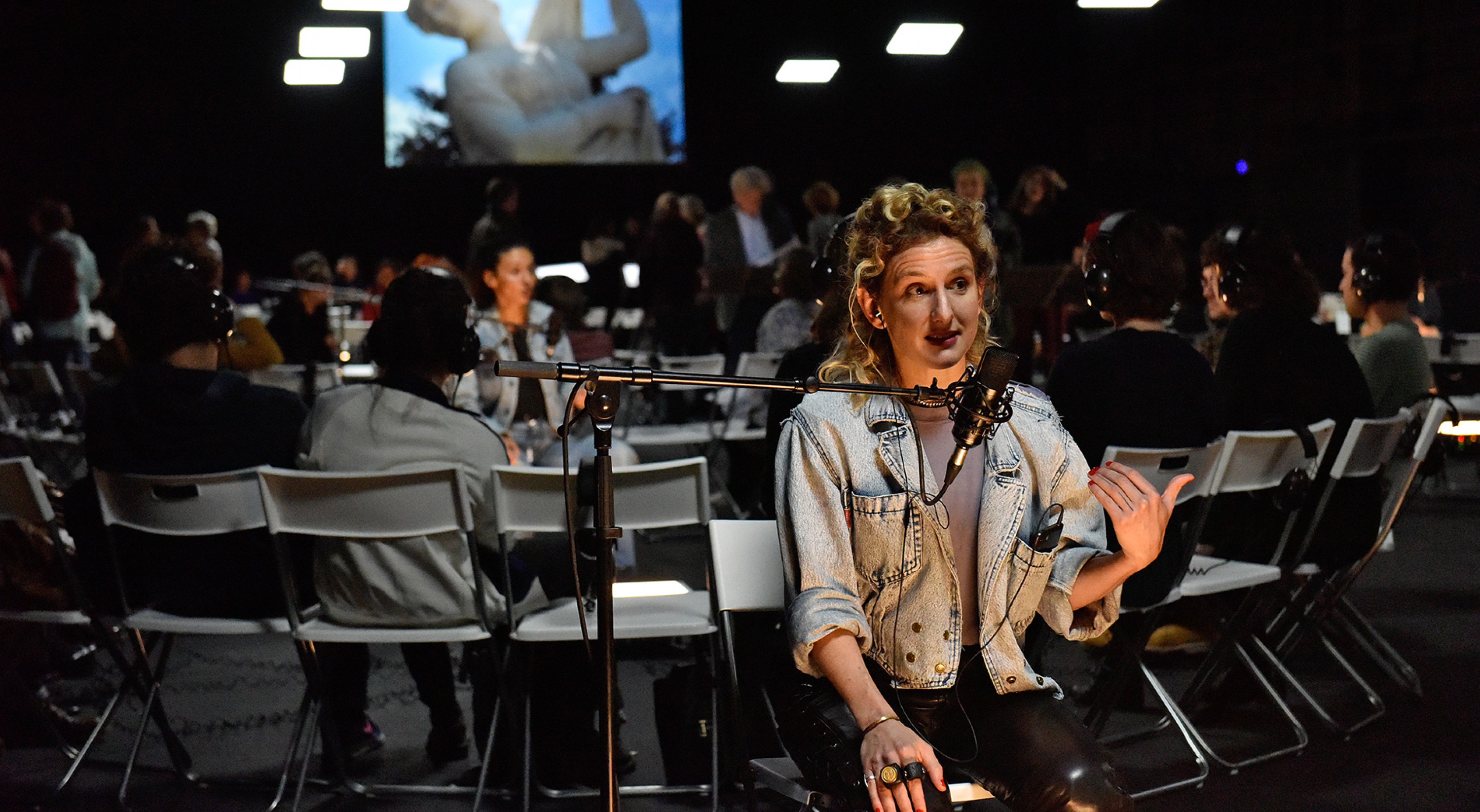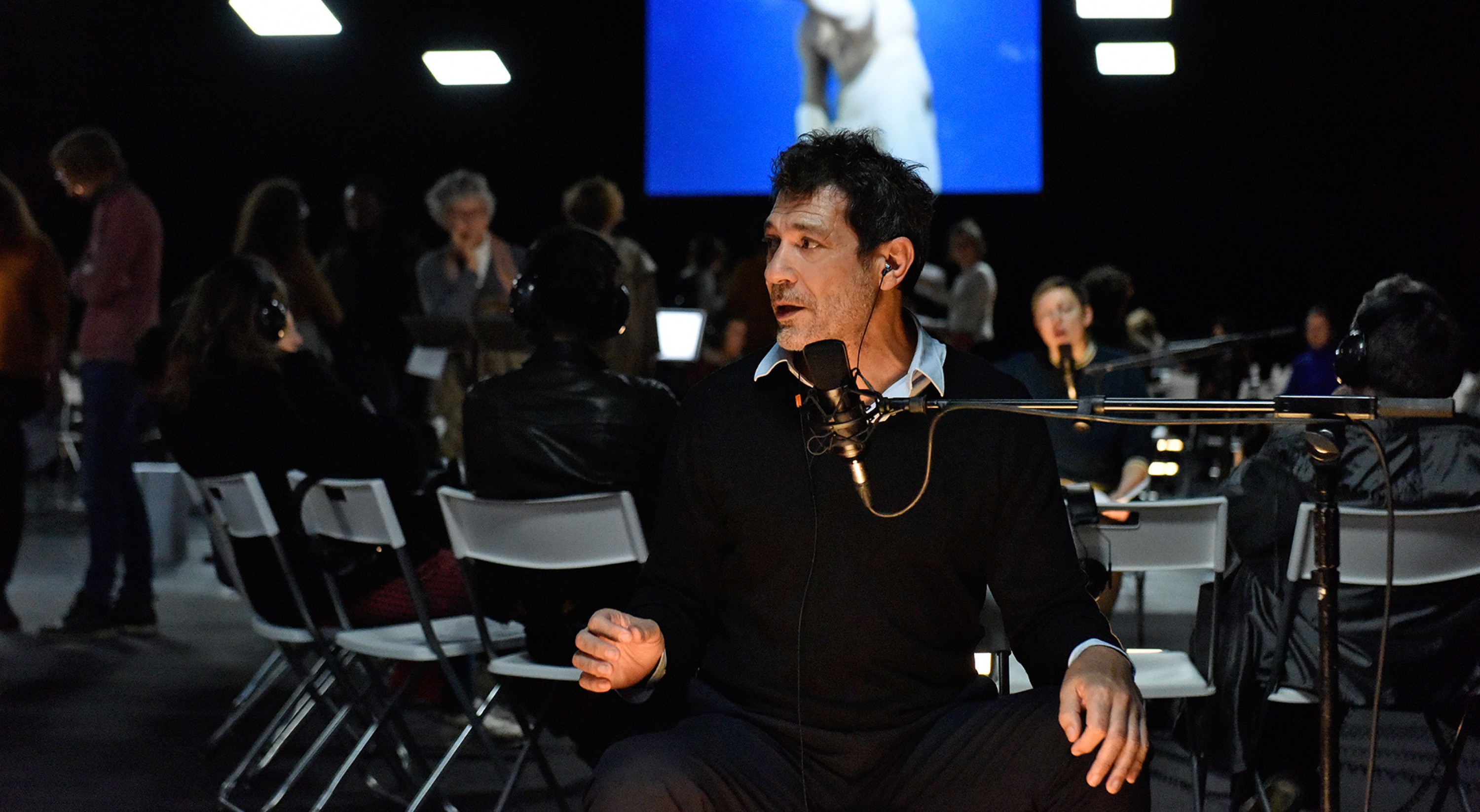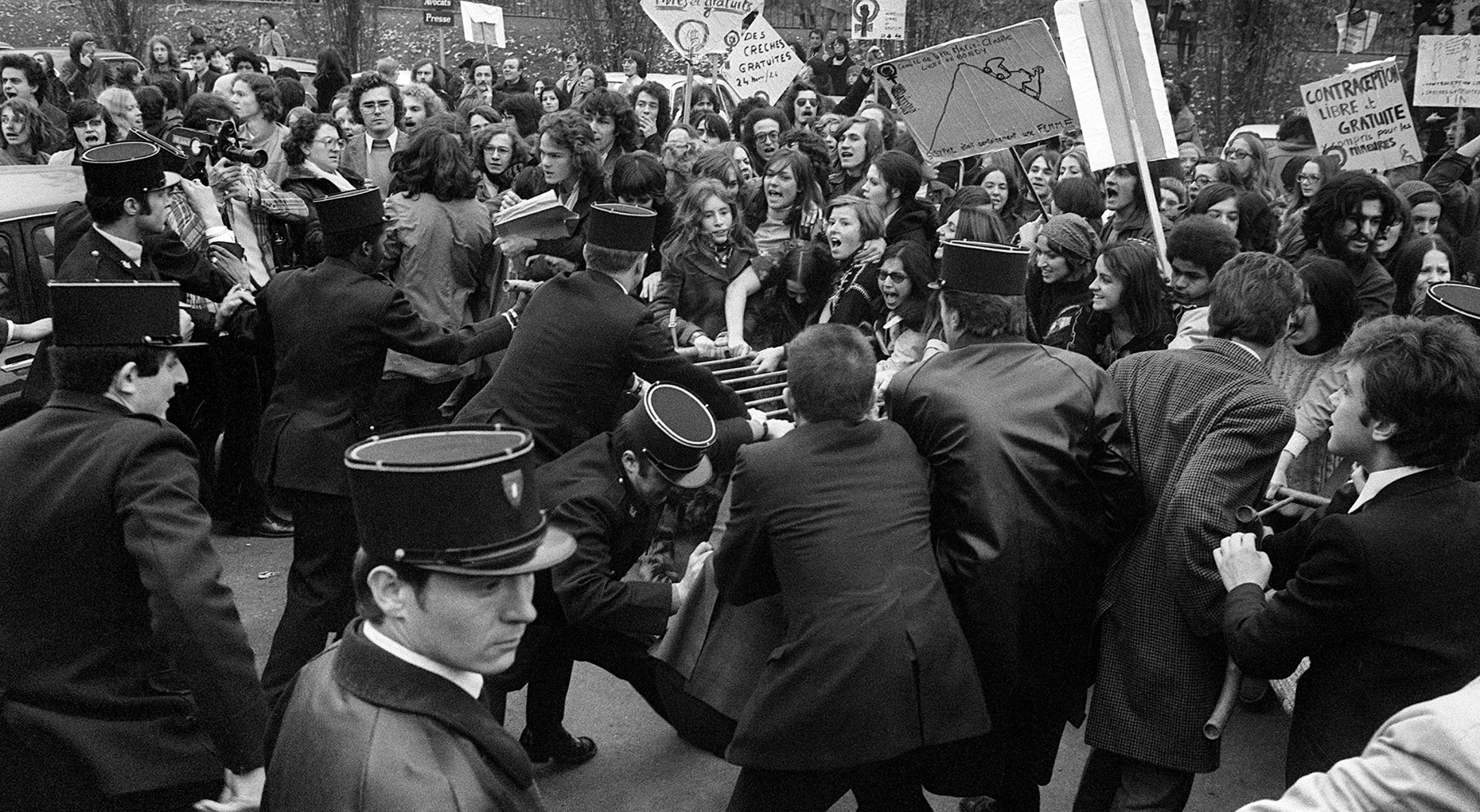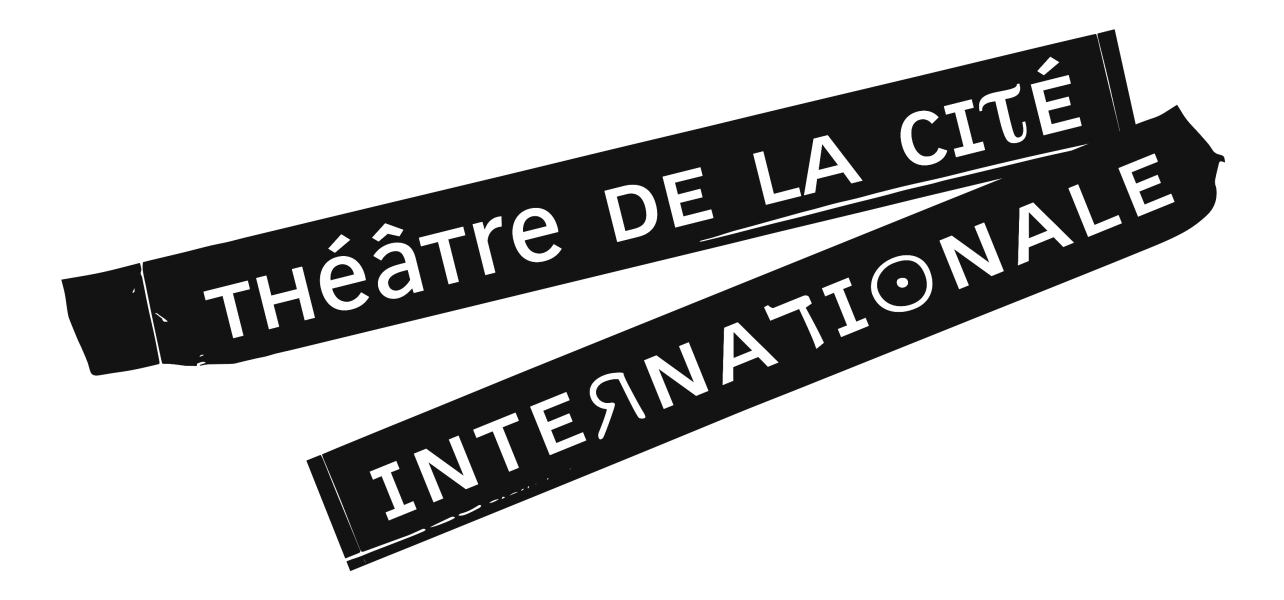Émilie Rousset
Reconstitution : Le procès de Bobigny
octoberoct 10 – 14
octoberoct 19 – 20
novembernov 16
novembernov 30
februaryfeb 1
Conceived and written by Maya Boquet and Émilie Rousset
Directed and staged design, Émilie Rousset
With Véronique Alain, Antonia Buresi, Rodolphe Congé, Suzanne Dubois, Emmanuelle Lafon, Thomas Gonzalez, Anne Lenglet, Aurélia Petit, Gianfranco Poddighe, Lamya Régragui, Anne Steffens, Nanténé Traoré, Manuel Vallade, Margot Viala, Jean-Luc Vincent
Dramaturgy, Maya Boquet
Video, Louise Hémon
Produced by John Corporation (Paris)
Coproduced by Groupe des 20 Théâtres en Île-de-France ; T2G – Théâtre de Gennevilliers ; and Festival d’Automne à Paris
In association withT2G – Théâtre de Gennevilliers ; and Festival d’Automne à Paris for performances at T2G – Théâtre de Gennevilliers
In association with Théâtre de Cité internationale (Paris) ; and Festival d’Automne à Paris for performances at Théâtre de Cité internationale (Paris)
First performed on the 10th October 2019 at T2G – Théâtre de Gennevilliers with the Festival d’Automne à Paris
Action supported by Région Île-de-France and with support from ministère de la Culture
With participation from DICRéAM and support from la Spedidam
The production will continue touring from February to May 2020 in partner venues of the Groupe des 20 Théâtres en Île-de-France scheme – groupedes20theatres.fr
In a highly original way, Émilie Rousset and Maya Boquet bring to the stage testimonies and archives dating back to a crucial event in the advancement of women’s rights. By journeying amongst the fifteen performers, each audience member builds up his or her own train of thought on the subject and its ramifications in today’s world, but also on the process of representation itself.
In Reconstitution : Le procès de Bobigny, Émilie Rousset and Maya Boquet focus on a historical event : the trial, held on the 8th November 1972, of Marie-Claire Chevalier and her mother, in response to the young girl’s abortion after being raped. This trial, a critical moment in the advancement of women’s rights, was led by the renowned lawyer Gisèle Halimi. It crystallised the feminist reflections and combats of the time, and was nourished by contributions from Simone de Beauvoir, Nobel prize-winning doctors, the actress Delphine Seyrig and the politician Michel Rocard. Using the transcription of the trial as their starting point, and adding to it with testimonials of a contemporary nature, Émilie Rousset and Maya Boquet pose questions about the resonances in today’s world of the themes evoked and also the status of the archive itself. The highly original staging used in Reconstruction has the effect of deconstructing the theatrical aspect of the trial. Navigating between the fifteen performers and the testimonies addressed directly to the audience, each of us is invited to choose and follow his or her own train of thought and comprehension. In the interstices between the testimonies, a space is given over to reflection and exchange. By giving audience members the opportunity of putting into perspective the different events, the pieces probes into the very notion of reconstitution and the gap or disparity that exists between an event, the documents produced and their representation.
––––––
Running time : 3h
See also
In the same place
